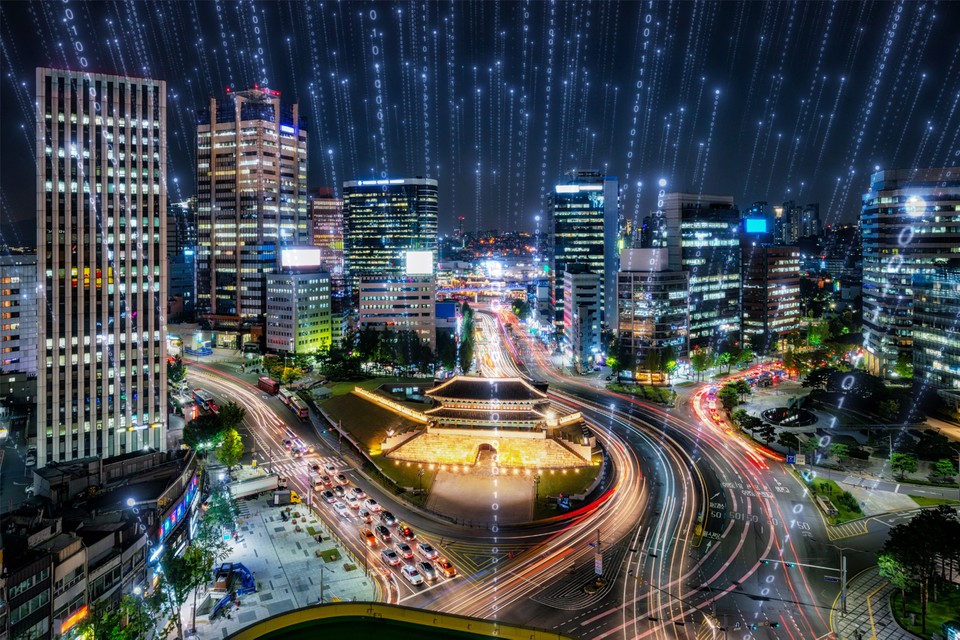Picture a time when you can access all essential local government services, public buildings, and even appear in court without leaving home. Well, thanks to the new Seoul Metaverse, residents in South Korea’s capital may only have to wait a year until this becomes a reality. Or less.

Already considered one of the world’s most technologically advanced metropolises, Seoul is about to go meta with news of a huge new digital project. The idea is to create a “contactless communication channel in the post-pandemic era”. And by that, the regional government means a one-stop-shop for administrative, economic, cultural, tourism, education, and civil services, within a digital platform. The launch is planned to take place in three stages, the first of which could be live by the end of this year.
Essentially, this means that people living in the vast city will be able to engage with municipal departments from wherever they choose to log on. So things like the Mayor’s Office, Seoul FinTech Lab, Invest Seoul, and Seoul Campus Town are heading to the metaverse. The 120 telephone information service will also factor, so people can visit a dedicated centre for any signposting they require.
More on the Seoul Metaverse
Seoul isn’t the only city to consider making itself almost fully virtual. Finland’s capital Helsinki has lived up to its own high-tech reputation with a fully immersive version launched to ensure visitors can still experience its many delights without travel.

According to reports, the Seoul Metaverse will also have a heavy tourism focus. Essentially, you’ll be able to take a trip to landmarks like Gwanghwamun Square and Deoksugung Palace, within the metaverse. Moreover, this could also include monuments that no longer exist. For example, Donuimun Gate, which was destroyed in 1915. Of course, if you’re going to put buildings online you should probably do the same with events. To that end, Seoul Metaverse will include the world-famous Lantern Festival by 2023.
Beyond the Government
Although Seoul Metaverse is a City Hall project, other organisations in the area have been thinking on similar lines. Yangcheon, a district in southwest Seoul, used metaverse solutions to train two employees earlier this year. Meanwhile, the KEB Hana bank already has a financial advice platform using avatars and virtual environments.
Nevertheless, Seoul Metaverse is likely to be one of, if not the most expansive and far-reaching metaverse to date. Certainly, the demand is there. In recent times we’ve seen both Microsoft and Facebook make it clear they are constructing new realities. The result has been a significant spike in the value of metaverse-related tokens, for example those on Axie and Decentraland. All of which points to some very exciting times ahead, packing abundant opportunities to explore new, mixed and virtual realities. We for one can’t wait to see where this all takes us next.

